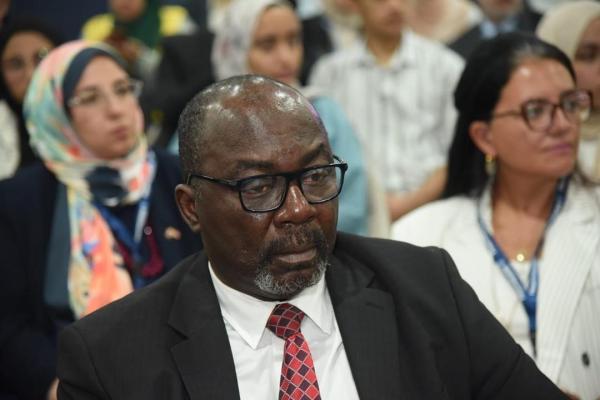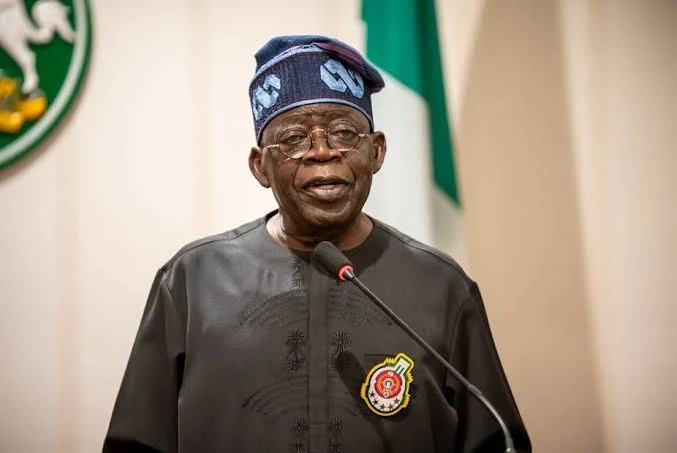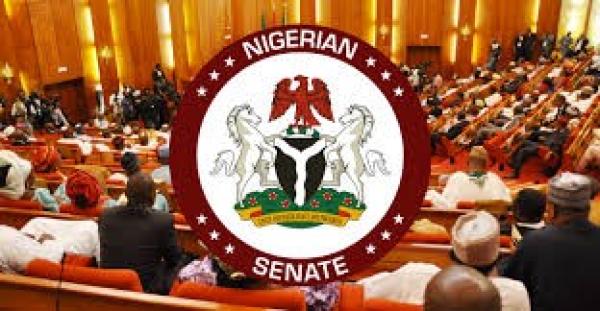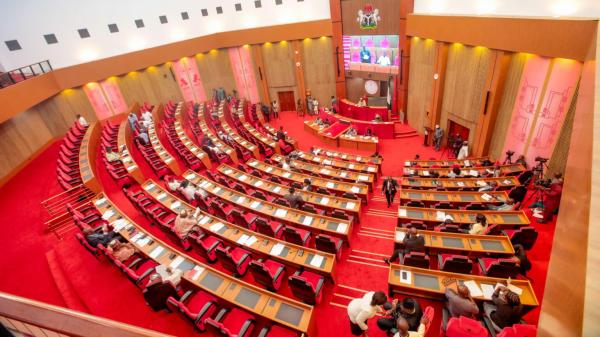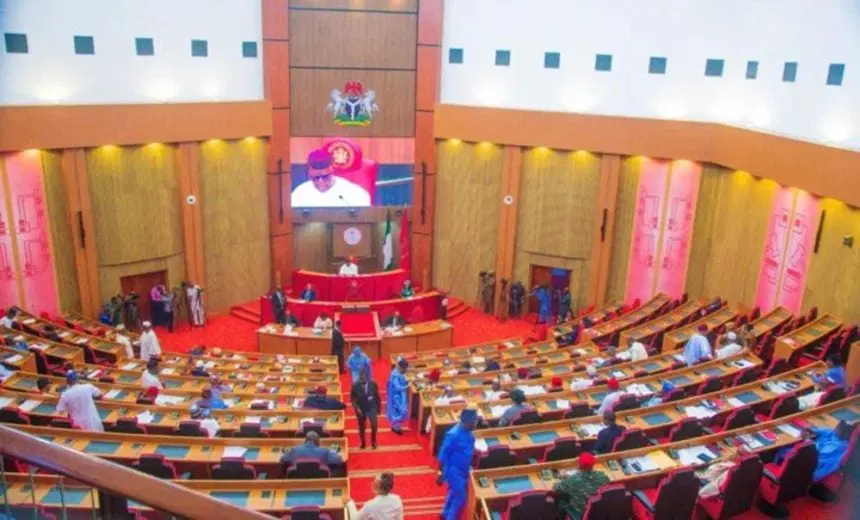
It was supposed to be the last staging post for the Seventh Senate to further dent what would now turn out to be the mixed legislative record of the Goodluck Jonathan presidency.
Yesterday’s decision of the Senate to stand down the campaign to override President Goodluck Jonathan’s veto on the Fourth Constitution (Alteration) Act did not come easily. Senators and indeed, members of the House of Representatives had been peeved by the decision of the president to veto the product of the constitution review embarked upon by the National Assembly almost four years ago.
With a stroke of the pen, the president poured into the drain the work that had consumed more than N2 billion in direct funding besides associated cost in time and resources by other stakeholders.
Though the capacity of the senators to muster, the two-third majority required was a matter of doubt, the readiness of the legislators to commence the action was undoubted.
The fury of the senators had been further stoked by the ruling of the Supreme Court last Thursday in which it asked the National Assembly to stay further action on the constitution amendments pending the determination of the case brought before it by the president.
Following a heated closed-door session yesterday, the President of the Senate, Senator David Mark again resorted to play the advocate for President Jonathan when he prevailed on the senators to stay action on the veto override.
“We are law makers and will not be law breakers. We are not just lawmakers, and we are very senior responsible citizens and very senior lawmakers.”
His stance was upon the heated constitutional controversy that had been ignited by last week’s Supreme Court ruling. Many senators had felt that it was very wrong for the judiciary upon the pleading of the executive arm of government to stop the legislature, from its constitutional duty of lawmaking.
The Senate on Sunday rejected the court ruling, saying that the Supreme Court could not under any circumstance prevent it as an independent arm of government from proceeding with its constitutionally assigned duties.
“The Supreme Court is wrong. The law does not allow one arm of the government to stop another arm of government from performing its duties,” Senate spokesman, Senator Abaribe had told newsmen.
“The Supreme Court cannot stop us from legislating and if they say that the Supreme Court is stopping us from making laws, it is misleading and it amounts to misreading the powers of the Supreme Court,” he said.
His stance and the consequent gazetting of the bill in the House of Representatives and the Senate had given an indication of an apparent determination of the legislators to override the veto.
Such fury would have been driven by the angst of leading senators like Senator Ike Ekweremadu, the deputy president of the Senate who led the constitution review in the Senate and spent time and energy on the process.
Many other lawmakers were also driven by some vengeful spirit to spite a president under whose watch the cordiality with the legislature got to the lowest level. So sad is the relationship between the president and the National Assembly that he has not in the last two years personally appeared for the traditional duty of laying the budget before parliament.
The president was said to be wary of being booed by members of the House of Representatives with whom he never got along. His relationship with the National Assembly nose-dived from the ending of 2013 when in one of the most shocking decisions of his government, he dismissed his very diligent liaison officer to the National Assembly, Senator Joy Emodi.
Emodi had in the two years she served been able to manage the relations between the executive and the legislature, dutifully pandering to issues of the legislators and with her aides monitoring legislative measures.
However, once Emodi was removed, purportedly at the instigation of a powerful presidency cabal with roots from the Southeast, Dr. Jonathan’s legislative agenda immediately collapsed and it was no surprise that he has since then not ventured into the premises of the National Assembly.
Good counsels from sympathetic senior legislators like Senators Mark and Ekweremadu were also received with scepticism and often diluted with sarcasm by presidential minders.
Even at the worst of times, President Olusegun Obasanjo’s relations with the National Assembly was not as rancorous. The only time the National Assembly overrode a veto wielded by Obasanjo was on a matter of principle, and that was the Niger Delta Development Commission, NDDC Establishment Bill.
Though the bill was the initiative of Obasanjo, the National Assembly, however, tinkered with the funding proposals. Even at that, Obasanjo maintained a backdoor channel with some legislators like Senator Udoma Udo Udoma.
However, in President Jonathan’s case, many legislators fumed that the president kept his distance all the while that the process of constitution review was in progress and did not voice the objections he subsequently made in his letter last month where he wielded the veto.
Even worse, it is alleged that the president signed the bill as forwarded to him but allegedly recanted upon pressures from a very senior aide.
It was such insinuations that compelled the Senate to request the president to return the original bill as forwarded to him including the signature page.
Dr. Jonathan’s resort upon the Senate resolution was to head to the Supreme Court, which last Thursday gave the ruling urging all parties to the dispute to maintain the status quo until June 18.
The legislators were, however, not ignorant of the fact that by that time the tenure of the National Assembly would have expired.
As the senators left the chambers yesterday, the distaste was very evident, but as their presiding officer affirmed, in his submission, two wrongs do not make a right.












